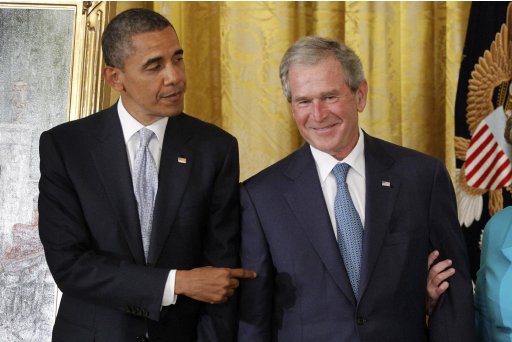 |
 |
|
 |
 |
 |
| Back |
Previous on Jeremy Bosch Memorial HOF |
Next on Jeremy Bosch Memorial HOF |
|
im4aubie
anonymous snipe artist
(72.37.171.180) on 6/1/2012 - 3:09 p.m. says: ( 3 views
)
|
"Thesis Statement: Beer Drank Good. It's Friday. Gonna Drank Good Beer. *"
|
Message Replied To ==========
Thesis Statement:
The American Two Party System, the Hegelian Dialetic and Triad Synthesis:

Georg Wilhelm Friedrich Hegel argued that the human mind seeks a holistic path to understand reality by drawing distinctions between competing conceptual ideas. Hegel believed that the human mind proccesses information through binary distinctions: a concept or idea is realized not only by what it is, but by what it is not.
The human mind proccesses thoughts and conceptual ideas by recognizing their distinctive features. Yet every conceptual idea and every philosophical argument is defined in our mind by an oppossing conception or counter-argument, and human consciousness can only reconcile these competing concepts one at a time. So the mind fixates on the one, then under pressure fixates on the other. Seeking resolution, the mind seeks harmony by creating a wholly new redistinction between the first two competing ideas.
Hegel refers to this process of harmonic pressure as the dialectic. This dialectical method necessarily involves the notion that the historical process (or progress,) can only be conceived through the reconcilation of conflicting opposites.
The triad Thesis/Antithesis/Synthesis is helpful in understanding the philosophical constructs of Hegel. Hegel’s philosophy of history embraces the concept that a conflict of opposites is a struggle between the actual world and the potential world.
Though the mind concieves of the Thesis as a single, stand alone idea, the Thesis necessarily contains the Antithesis, a conflicting idea. The mind reconciles the perceived truths contained in the Thesis and its necessary Antithesis in an attempt to forge unity between the conflicting ideas. The human mind proccesses these conflicting ideas through the process of Synthesis.
However, the Synthesis itself is a new Thesis, which in turn generates a new Antithesis, and the process starts anew. This continual reconcilation between competing ideas is the dynamic and ever changing "uncentered center" which forms human consciousness.
==============================
|
|

